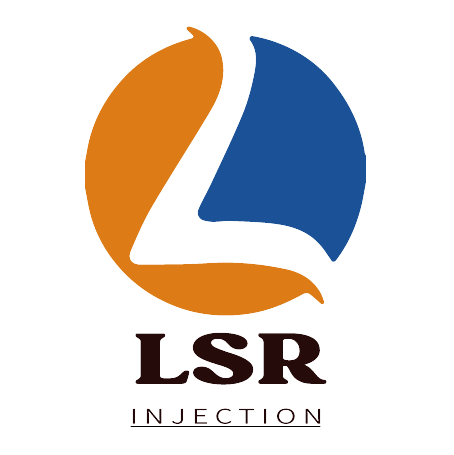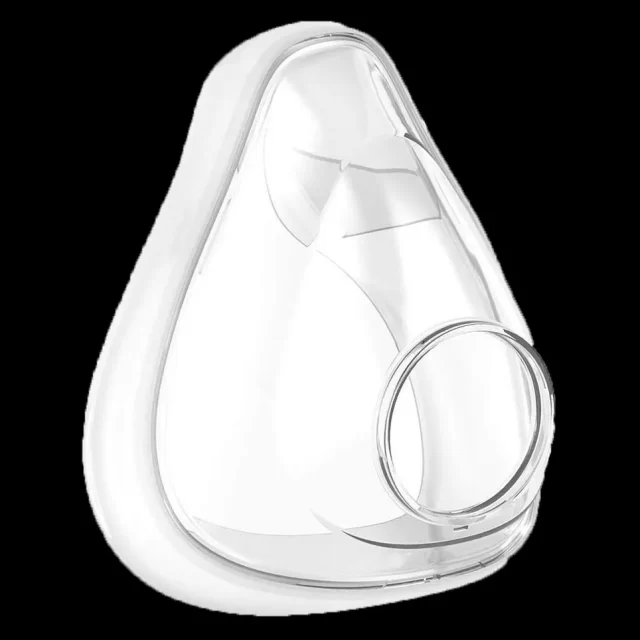Medical-grade silicone masks play a vital role in modern healthcare settings due to their unmatched combination of safety, comfort, and versatility. In this comprehensive guide, we explore the unique properties and applications of these masks, why silicone has become the preferred material for medical use, and how these masks benefit both patients and healthcare providers.
Understanding Medical-Grade Silicone
Medical-grade silicone is specifically engineered to meet stringent medical safety standards, ensuring it is hypoallergenic, flexible, non-toxic, and resistant to temperature fluctuations. Unlike traditional materials such as latex or PVC, silicone does not cause allergic reactions, making it ideal for sensitive skin and prolonged use.
Applications and Types of Silicone Masks
Silicone masks are widely used in various medical applications, including anesthesia, respiratory therapy, and emergency medicine. Their flexible design conforms to facial contours, creating a secure seal for effective ventilation and oxygenation. There are several types of silicone masks, including anesthesia masks, CPAP masks, and oxygen therapy masks, each tailored to specific medical procedures and patient needs.
Advantages over Other Materials
Compared to latex and PVC masks, silicone masks provide significant advantages:
- Hypoallergenic properties reduce allergic reactions.
- Durability allows frequent sterilization without degradation.
- Comfort enhances patient compliance during extended use.
- Environmentally friendly due to recyclability.
Manufacturing and Quality Control
Manufacturing silicone masks involves precision molding and curing processes that adhere strictly to international quality standards, such as FDA and ISO certifications. Rigorous quality checks ensure consistent performance and reliability, crucial in critical healthcare environments.
Maintenance and Sterilization
Proper maintenance of silicone masks includes regular cleaning and sterilization, employing methods such as autoclaving, chemical sterilization, or ultraviolet sterilization. This ensures masks remain safe for repeated use without compromising their integrity.
Conclusion
Medical-grade silicone masks significantly enhance patient care through improved safety, comfort, and durability. Investing in high-quality silicone masks is a sound strategy for healthcare facilities committed to patient well-being and operational efficiency.


